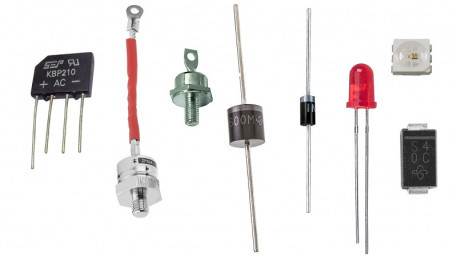
Some devices, like switches, are non-polar; you can connect them in either direction. What makes diodes so special, and how can you tell the right way from the wrong way?
Some devices, like switches, are non-polar; you can connect them in either direction. What makes diodes so special, and how can you tell the right way from the wrong way?
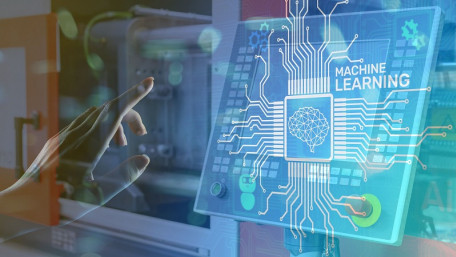
No doubt you have heard all about the use cases of AI and predictive maintenance. Learn about the algorithms that are…
No doubt you have heard all about the use cases of AI and predictive maintenance. Learn about the algorithms that are actually used to provide analysis and insights based on industrial data sets.
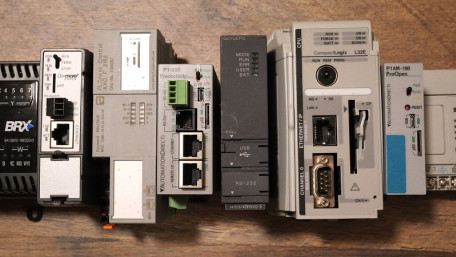
Learn all about the central processing unit (CPU): the built-in module inside the PLC responsible for executing the…
Learn all about the central processing unit (CPU): the built-in module inside the PLC responsible for executing the program and communicating with external devices.
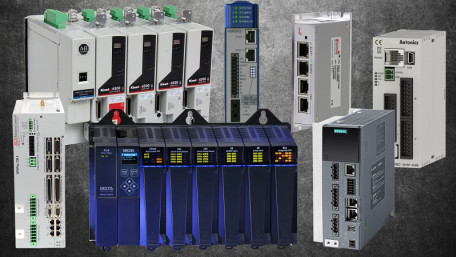
Building precise rotating or linear systems often costs a lot! When is it justified to spend the extra cost to design and…
Building precise rotating or linear systems often costs a lot! When is it justified to spend the extra cost to design and build such a system, and what are the different components and system types?
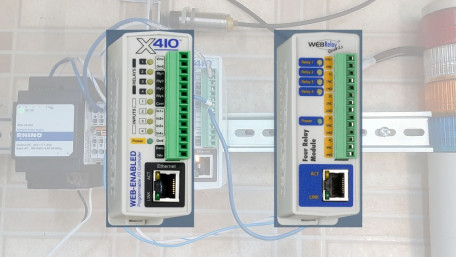
Logic is critical for industrial control, and it usually looks like ladders, function blocks, or structured text. I/O…
Logic is critical for industrial control, and it usually looks like ladders, function blocks, or structured text. I/O controllers are designed to automate simple logic tasks and data functions.

An age-old debate in PLC programming: investigating the uses and caveats of latching software commands versus seal-in…
An age-old debate in PLC programming: investigating the uses and caveats of latching software commands versus seal-in ladder logic for industrial control applications.
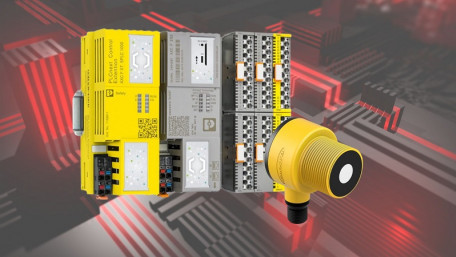
Learn how to connect analog inputs, either voltage or current, to the Phoenix Contact’s IIoT PLC platform and design…
Learn how to connect analog inputs, either voltage or current, to the Phoenix Contact’s IIoT PLC platform and design simple data processing programs with the PLCnext Engineer IDE.
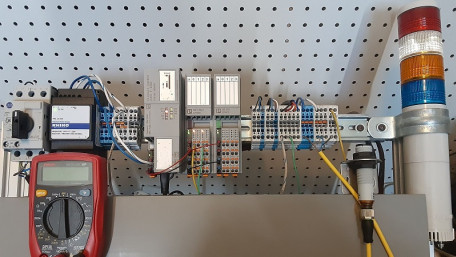
Learn how to get started with Phoenix Contact’s PLCnext and Engineer software, a platform that ultimately provides a…
Learn how to get started with Phoenix Contact’s PLCnext and Engineer software, a platform that ultimately provides a PLC environment for plant control as well as an OS for more advanced IIoT projects.
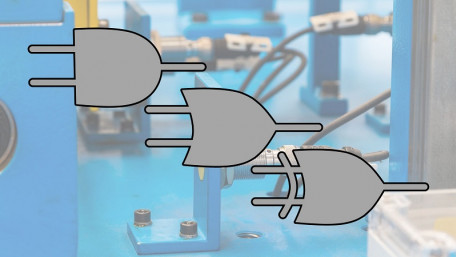
Sensor networks with built-in logic functions can save cost and program execution speed, but what are those various logic…
Sensor networks with built-in logic functions can save cost and program execution speed, but what are those various logic functions, and when might they be preferred over normal PLC ladder logic?
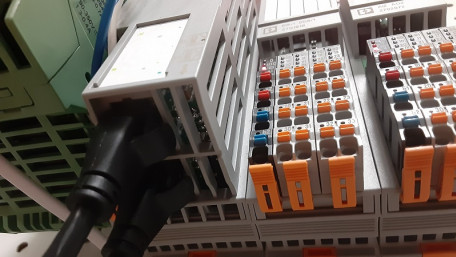
Every automated cell requires a ‘brain’ in order to achieve the required tasks. How do you determine the necessary…
Every automated cell requires a ‘brain’ in order to achieve the required tasks. How do you determine the necessary I/O, communication protocols, and processor necessary for controlling your system?

Learn how to write a ladder logic program to assign a string value to a data register and share that register with any…
Learn how to write a ladder logic program to assign a string value to a data register and share that register with any HMI compatible with Mitsubishi’s MELSEC PLC series.
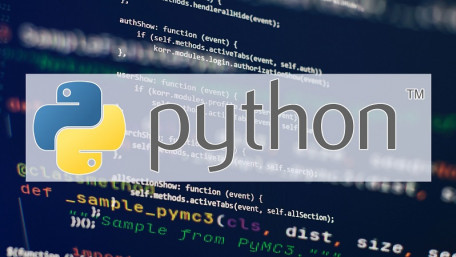
This section will dive into the world of data structures used within the Python programming environment, starting with…
This section will dive into the world of data structures used within the Python programming environment, starting with one of the more commonly used structures called ‘lists.’
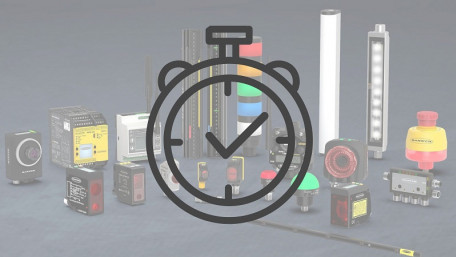
Sensors with timer functions advance modern automation systems, enhancing the precision and flexibility of in-process…
Sensors with timer functions advance modern automation systems, enhancing the precision and flexibility of in-process controls to ease the strict requirement for an external, clock-based logic CPU.
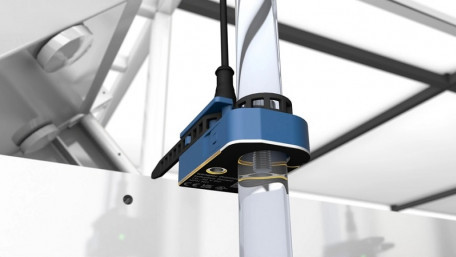
Detecting objects is the first field-level task that must be considered before any feedback-based control can happen.…
Detecting objects is the first field-level task that must be considered before any feedback-based control can happen. Choosing from among the nearly unlimited proximity sensors can be challenging!
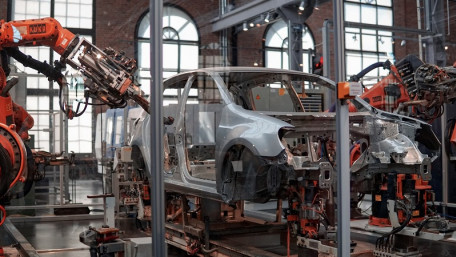
There are multiple methods for mapping inputs and outputs to an industrial robot. In this article, we cover two of the…
There are multiple methods for mapping inputs and outputs to an industrial robot. In this article, we cover two of the most popular methods: letting the robot or the PLC control the I/O signals.
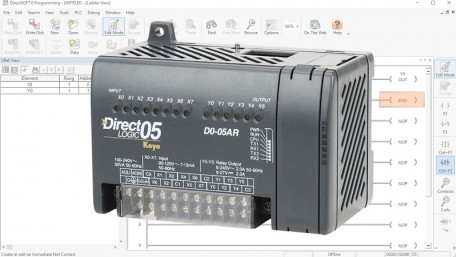
Learn how to use DirectSOFT6 to program discrete I/O functions in a Koyo DirectLOGIC PLC. Although these PLCs are older,…
Learn how to use DirectSOFT6 to program discrete I/O functions in a Koyo DirectLOGIC PLC. Although these PLCs are older, they are found in many existing automation installations.
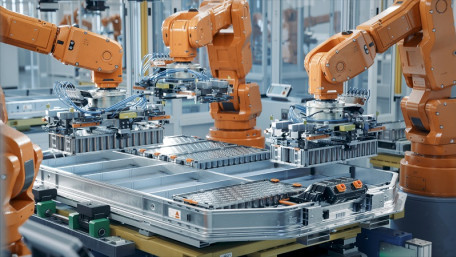
There are a lot of companies considering in-house automation or consulting with integrators for automated systems. But…
There are a lot of companies considering in-house automation or consulting with integrators for automated systems. But where do you start, and how do you even pick a project for automation?
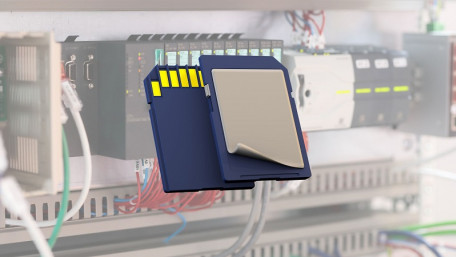
There are a few options when it comes to tracking part data throughout a process or assembly of a machine. Follow along…
There are a few options when it comes to tracking part data throughout a process or assembly of a machine. Follow along as we explain just a few of the more common methods.
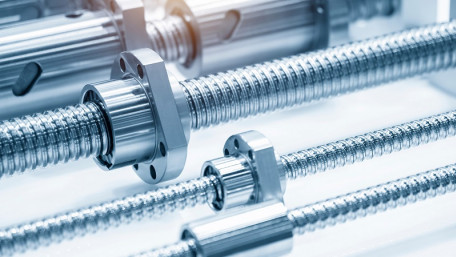
Electrical control holds many advantages over fluid power with precise control, feedback, and a lower-maintenance system.…
Electrical control holds many advantages over fluid power with precise control, feedback, and a lower-maintenance system. But how do electric actuators work, and how do they stack up against fluids?
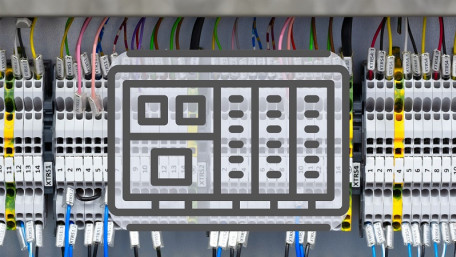
I/O mapping is the process of converting raw input and output data into specific tags, but how can we find a method for…
I/O mapping is the process of converting raw input and output data into specific tags, but how can we find a method for mapping I/O that is both efficient and scalable?
